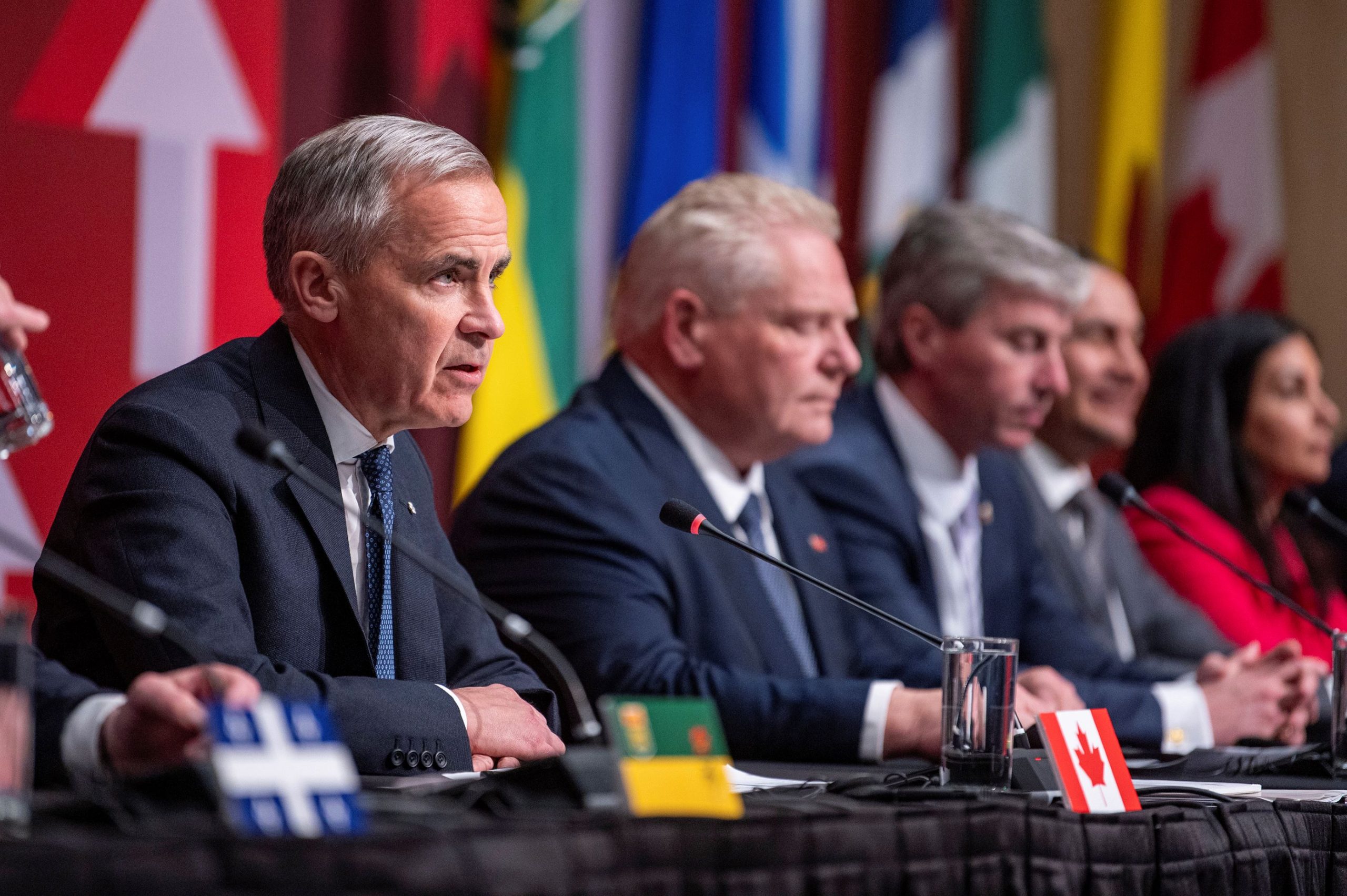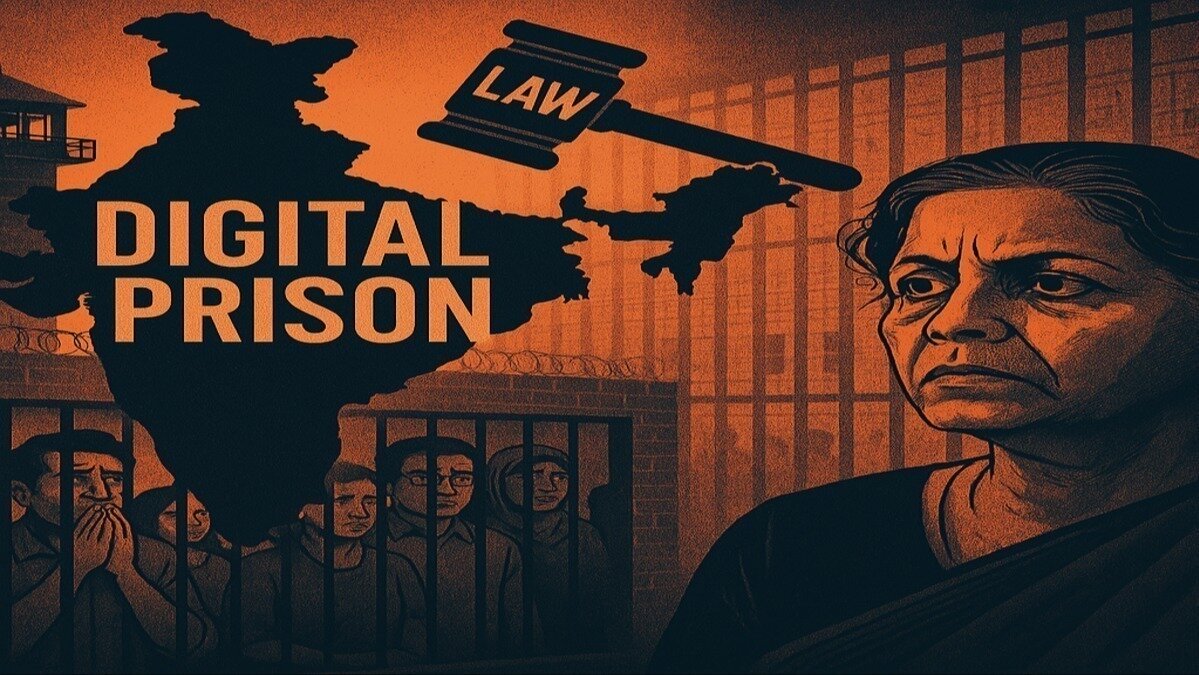Between 2016 and January 31, 2022, at least 31,664 people died by lethal injection in Canada, a number that is likely to increase year over year. The Trudeau government continues to expand eligibility for assisted suicide despite protests from mental health and disability advocacy groups, raising concerns about the impact on vulnerable individuals.
Similarly, euthanasia deaths in the Netherlands, which legalized the practice in 2002, continue to rise. In 2022, there was a nearly 14.1 percent increase in euthanasia killings, totaling 8,720 deaths or 5.1 percent of all deaths in the country.
Euthanasia is being used in a range of situations, including mentally ill patients, elderly couples, and those with dementia. In the Netherlands, it is even legal to euthanize newborns under certain circumstances. The government is also considering legalizing euthanasia for terminally ill children between the ages of one and 12, which has drawn support from some parents.
In Canada, Dr. Louis Roy of the Quebec College of Physicians has testified that under the age of one is appropriate under certain conditions, such as severe malformations or a lack of prospects for survival. Those who oppose such policies are often accused of politicizing the issue.
The normalization of euthanasia raises serious ethical questions and highlights the need for greater protection for vulnerable individuals. While it is important to provide compassionate care for those who are suffering, we must also ensure that the right to life is protected and that no one is coerced or pressured into ending their life prematurely.










